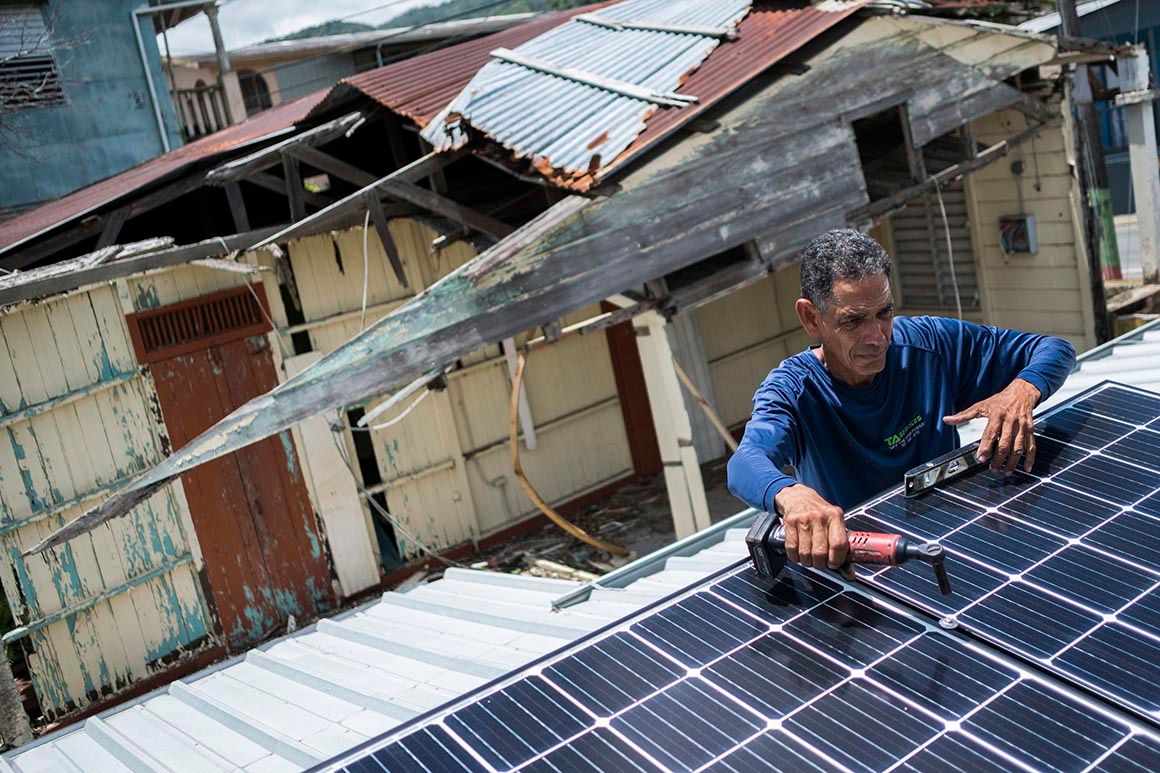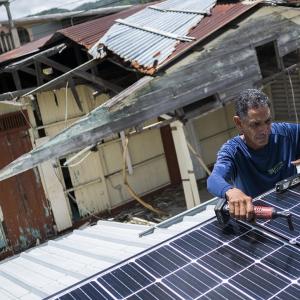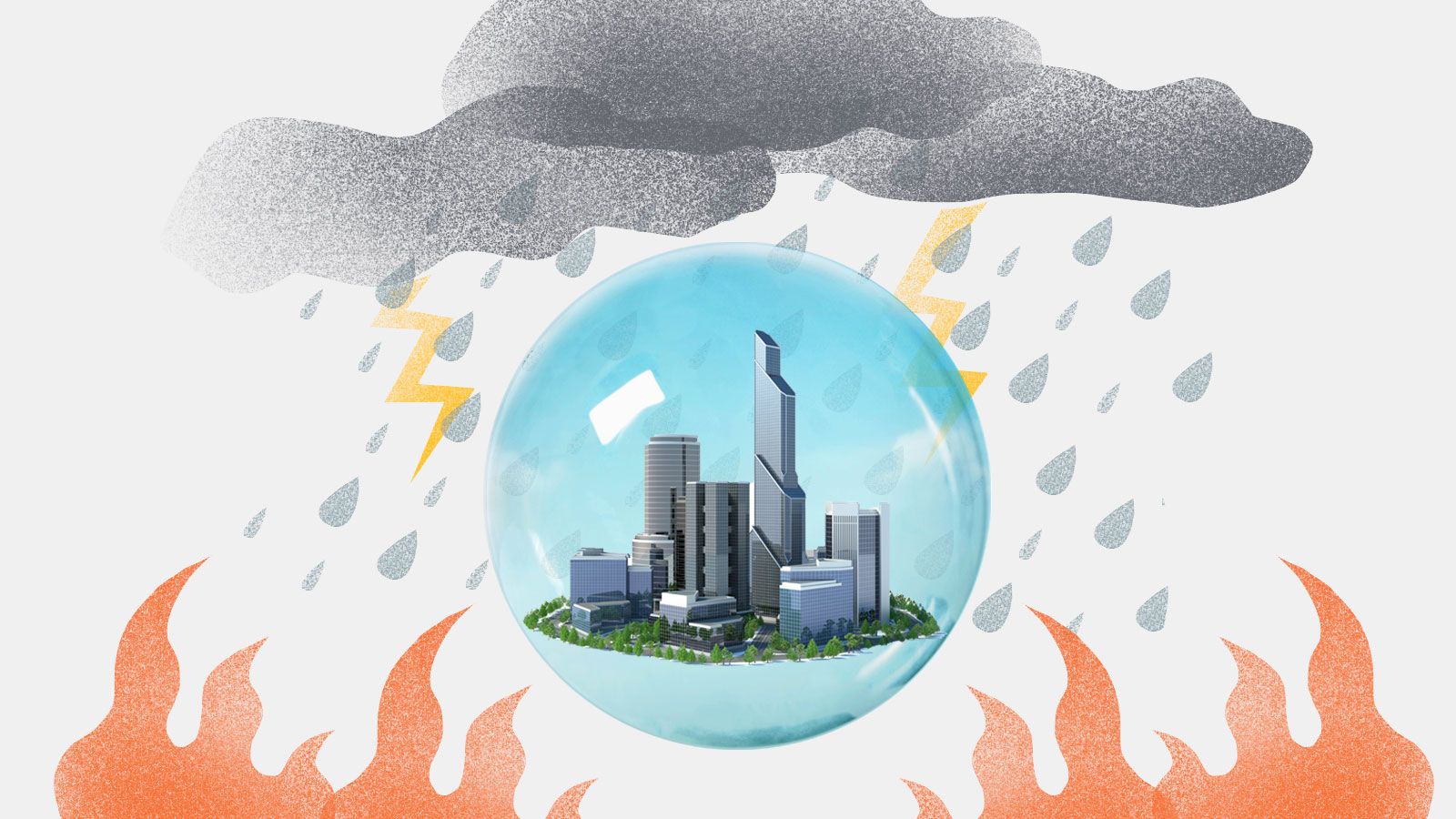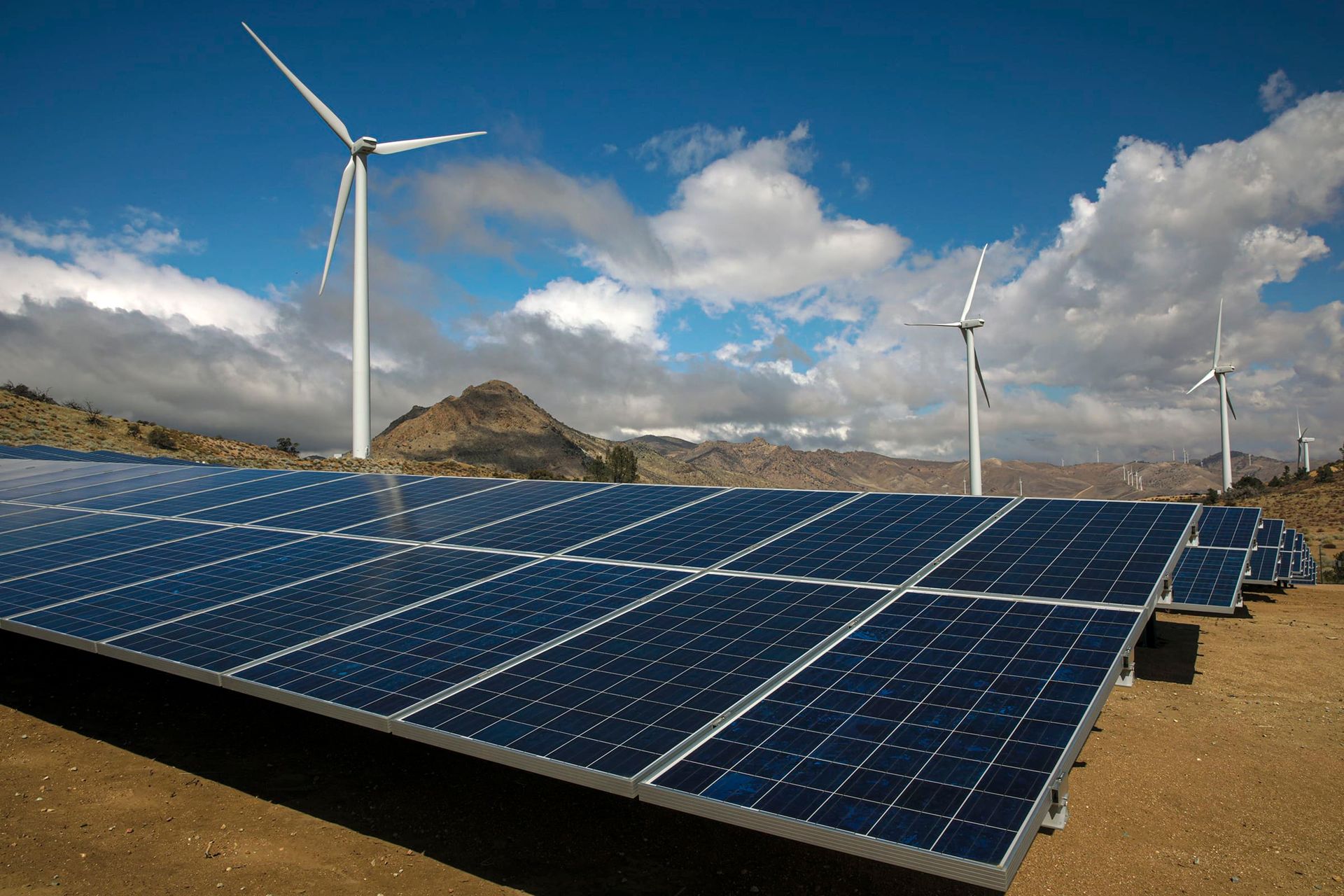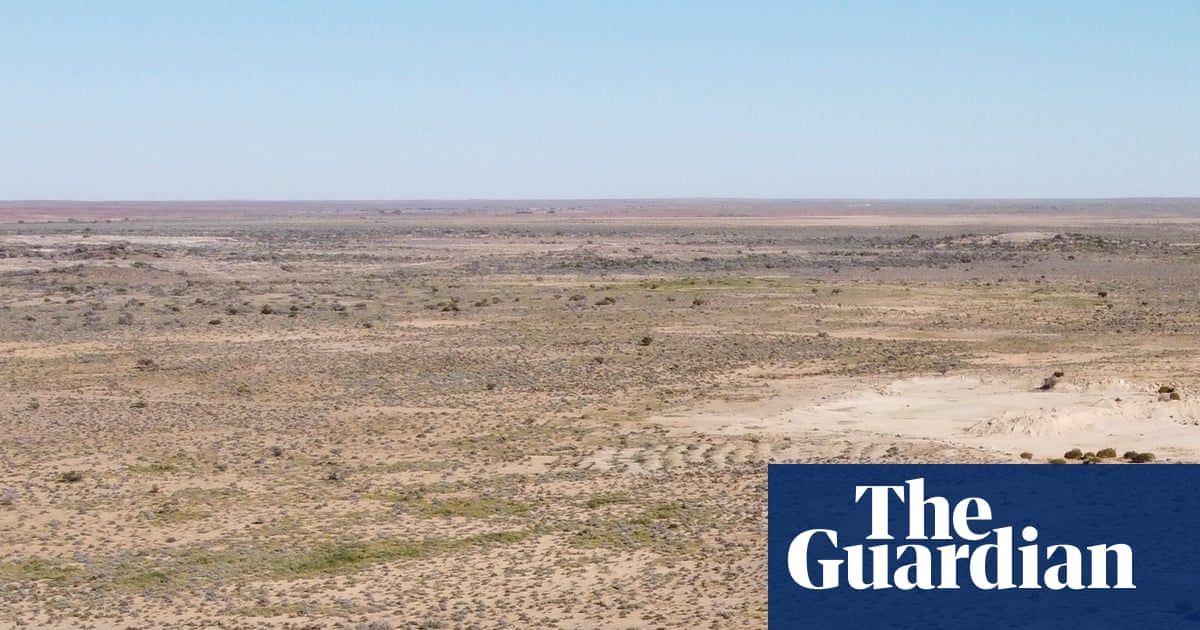
"Flinders University researchers may have discovered what ultimately led to the extinction of the last of Australia’s massive thunder birds, Genyornis newtoni.
The clue came with the discovery of a rare fossil. The find, by researchers at Flinders University, unveiled severe bone infections in several dromornithid remains mired in the 160 sq km beds of Lake Callabonna fossil reserve, 600km northeast of Adelaide.
At 230kg Genyornis weighed around five or six times as much as an emu and stood about two metres tall, but becoming stuck in the treacherous mud of the lake wasn’t the only concern facing the giant birds.
It appears some also had a painful disease, which lead researcher Phoebe McInerney says would have hampered their mobility and foraging.
“The fossils with signs of infection are associated with the chest, legs and feet of four individuals,” the PhD candidate said. “They would have been increasingly weakened, suffering from pain, making it difficult to find water and food.
“It’s a rare thing in the fossil record to find one, let alone several, well-preserved fossils with signs of infection. We now have a much greater idea of the life challenges of these birds.”
The study found about 11% of the birds were suffering from osteomyelitis.
…
Study co-author associate prof Lee Arnold dated the salt lake sediments in which genyornis was found, linking them with a period of severe drought beginning about 48,000 years ago.
At the time, the thunder birds and other megafauna, including ancient relatives of wombats and kangaroos, were facing major environmental challenges.
As the continent dried, large inland lakes and forests began to disappear and central Australia became flat desert.
With conditions worsening, associate prof Trevor Worthy believes food resources would have been reduced, placing considerable stress on the animals.
“From studies on living birds, we know that challenging environmental conditions can have negative physiological effects,” he said. “So we infer that the Lake Callabonna population of genyornis would have been struggling through such conditions.”
It now appears the effects of severe drought phases included high rates of bone infection, with weakened individuals more likely to become mired in the deep mud and die.
With no conclusive evidence to suggest Genyornis newtoni survived much past this time, it’s likely protracted drought and high disease rates contributed to its eventual extinction."


